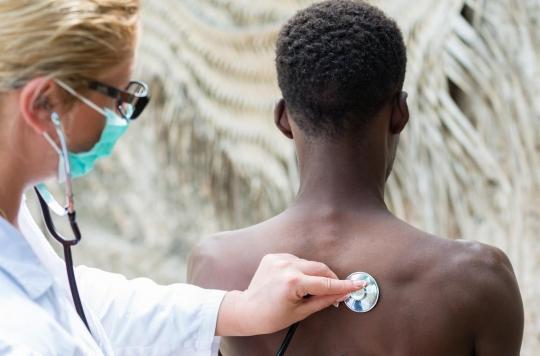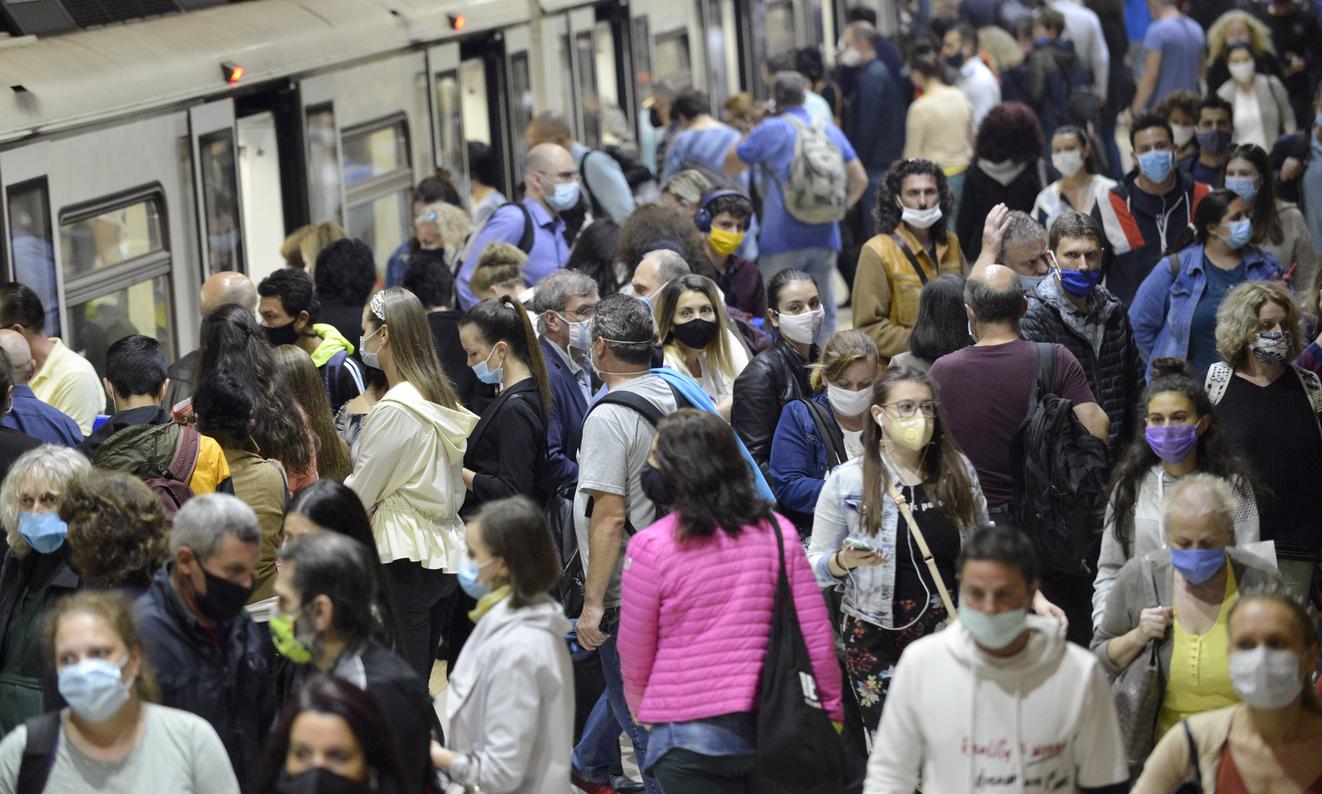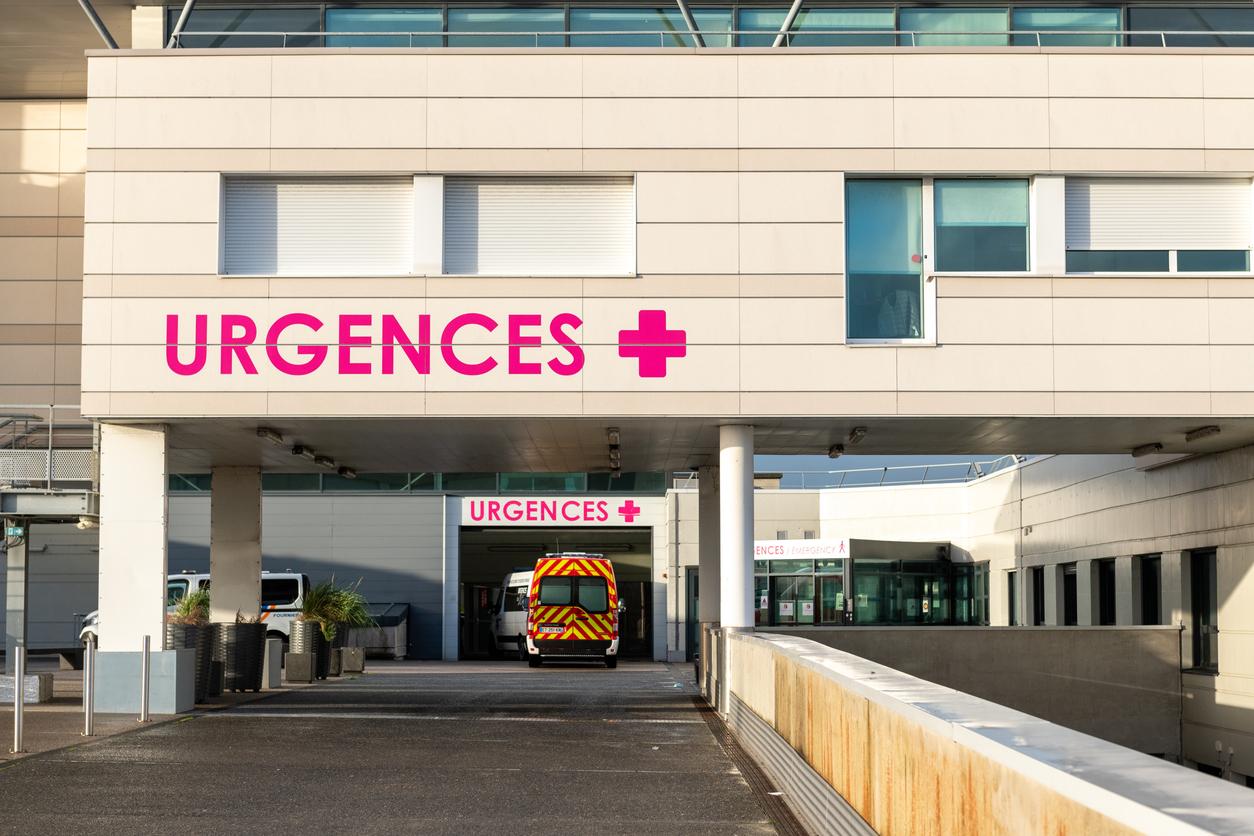The WHO emergency committee considers that the risk of the Congolese epidemic spreading internationally remains “low” and has given up declaring a global health alert.

This is the third time that the emergency committee of the World Health Organization has met since the beginning of the Ebola epidemic in the Democratic Republic of Congo (DRC). According to AFP, the committee considers that the epidemic, which has since spread to neighboring Uganda, still does not constitute a global health “emergency”.
“It does not pose a threat to global health,” WHO Director Tedros Adhanom Ghebreyesus said at a press conference on Friday (June 14). This meeting was convened after several Ebola cases emerged in Uganda in recent weeks. In the DRC, two people died after attending the funeral of a loved one with Ebola. For the emergency committee, the epidemic is an “emergency for the DRC and the region” but not a “public health emergency of international concern”.
The WHO relies on the lack of means
The WHO director took advantage of this press conference to recall the lack of international financial support to fight the epidemic, which could “delay (its) effective eradication.” Due to lack of resources, the WHO had to “reduce some of its preparedness work in some neighboring countries,” he insisted.
In the Congolese provinces of North Kivu and Ituri, 2,100 cases of Ebola have been recorded, of which 1,411 have died, since the start of the epidemic in August 2018. This epidemic is the tenth to hit the country since 1976. and the second most serious in the history of the disease, after the one that struck the West of the African continent between 2014 and 2016.
This time, the authorities have an experimental vaccine to fight against the expansion of the epidemic. However, the DRC is still failing to contain Ebola, in particular because of the country’s political instability, regular attacks by militias and the hostility of the population towards healthcare centres.
.














